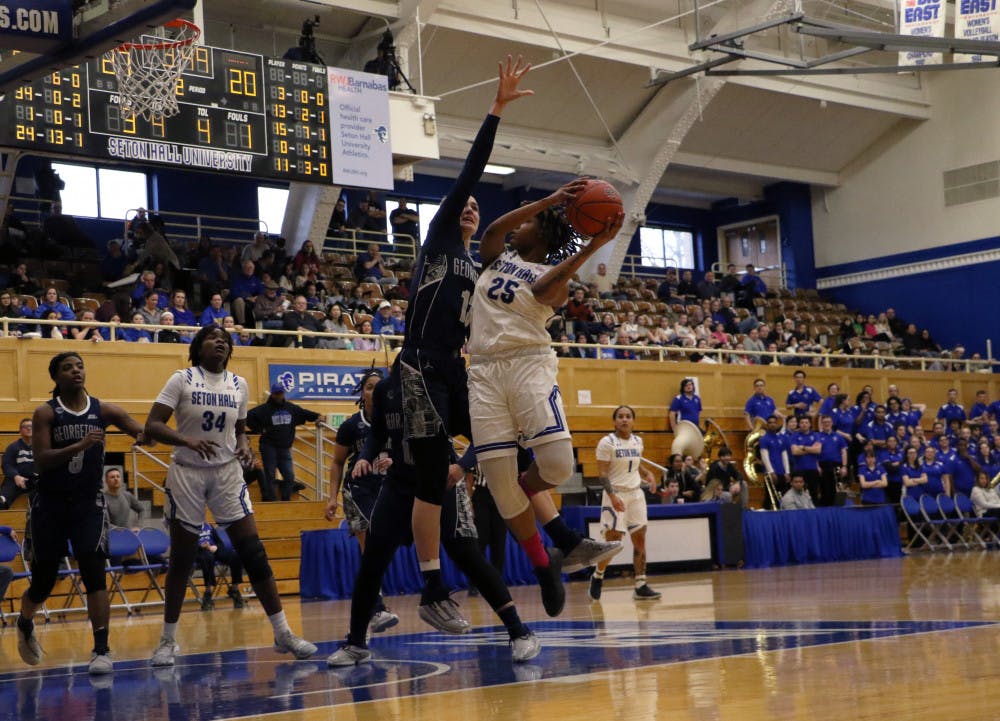At its inception in 2012, the Child Learning Lab was funded through a grant from the Spencer Foundation, which supports research on education. The Lab, a part of the psychology department which is located on the third floor of Jubilee Hall, works toward better understanding of cognitive and motor development in children. “We conduct basic research about children’s perception and cognition,” Dr. Amy Joh, assistant professor in the Department of Psychology, who was involved in establishing the lab. Despite its name, most of the lab’s subject--though not all--are young children. Adults are recruited for certain studies too. According to Joh, the point of these studies is to “present (participants) with new challenges and to record how they obtain information through sight, sound, touch, etc. and use this information to learn something new.” Generally, participants chosen for studies are young children with no developmental disorders in order to learn how certain challenges and stimuli affect a typical developing child. The participants are usually 2 to 4-years-old, depending on the specific type of study being conducted. According to Alyssa Iulianetti, a graduate assistant in the Child Learning Lab, parents of potential participants are contacted by email. “We do our best to work around their schedules so they can come in at a time that’s convenient for them,” Iulianetti said. “From there, it depends on the studies conducted. They are all presented as games that the kids generally find to be very fun.” The lab recruits through fliers, websites and word of mouth, according to Iulianetti, and parents can apply to have their children participate by filling out an application form at http://blogs.shu. edu/childlab/enroll/. Julianetti said she finds working at the Child Learning Lab both interesting and rewarding. “I enjoy working with kids, and they really do enjoy coming in for our studies,” she said. “It’s really interesting to see how much development takes place in such a short amount of time.” Studies usually extend over several sessions at the lab, each lasting half an hour to one hour. Each experiment varies in time. Julianetti’s Master’s thesis on how children predict the way objects will move through space based on their knowledge of gravity, for example, will take a year to complete. They are conducted in a variety of ways and work with different age groups. Iulianetti’s study, for example, “has to do with how children predict how objects will move through space based on their knowledge of gravity. We have 3-year-olds predict where a ball will emerge from three twisted tubes.” Of course, Iulianetti assures, the children being studied generally enjoy the “games” they play during their sessions. For more information on the Child Learning Lab, visit the lab’s blog at http://blogs.shu.edu/ childlab/. Noora Badwan can be reached at noora.badwan@student.shu.edu.





